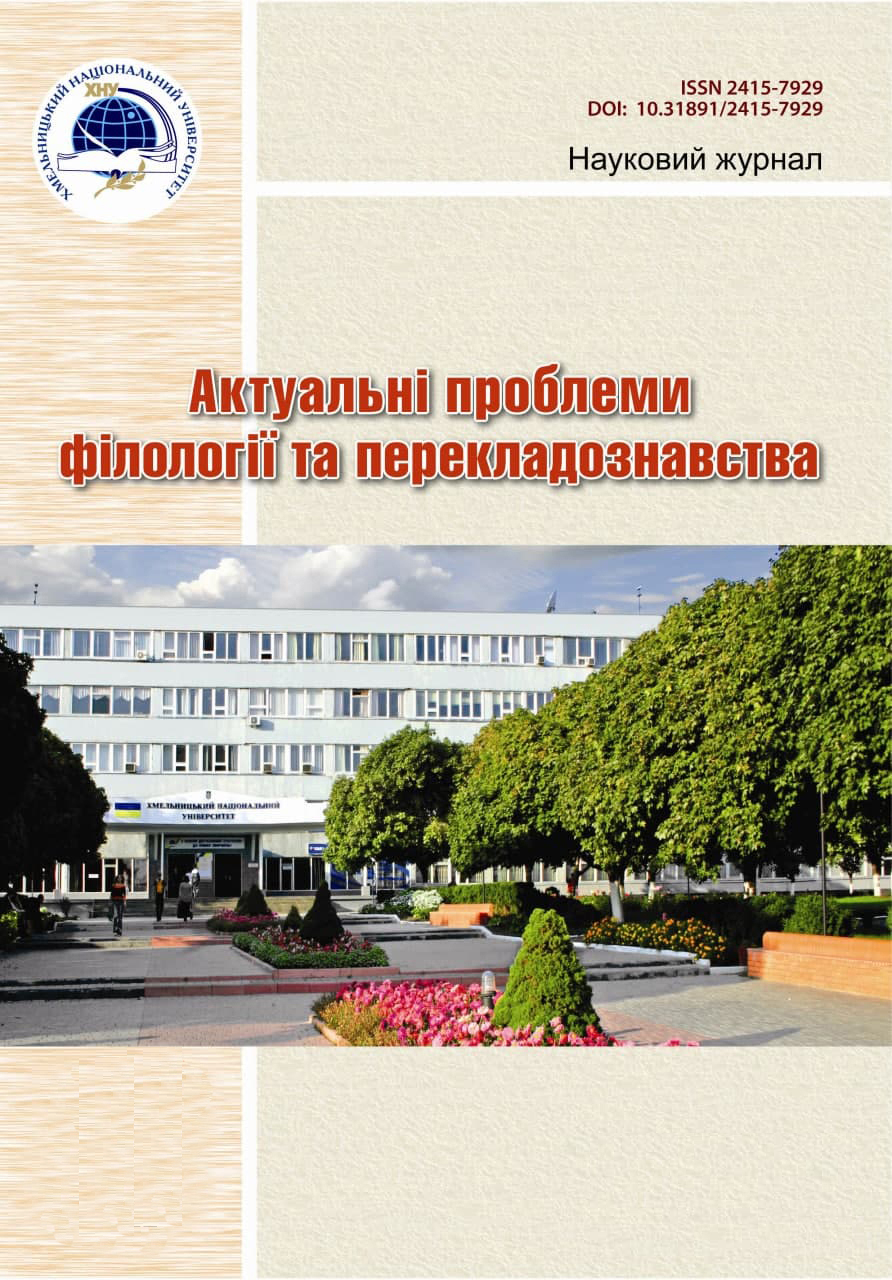ARTISTIC REPRESENTATION VS THE HOLOCAUST HISTORY IN THE WORKS OF HEATHER MORRIS
DOI:
https://doi.org/10.31891/2415-7929-2021-22-30Keywords:
Holocaust, Holocaust literature, Heather Morris, memory boom, Trauma Theory, collective tragedy, screen memoryAbstract
The article finds out that at the beginning of the XXI century there was a powerful actualization of the Holocaust discourse not only in history and sociology, but also in many genres of art. It also describes the possible reasons of the "memory boom", which was caused by the need to rethink, verbalize and reinterpret the tragic events that happened in the XX century, and examines its connection with the modern discourse of trauma and memory studies. It is outlined that Holocaust literature is closely linked to the formation of Jewish collective identity and the creation of the Israeli state which also popularizes and expands the Holocaust narrative. Also, the article examines the ambivalence of the narrative about the Holocaust within a traumatic discourse and actualizes the problem of historical truthfulness and objectivity in the survivors’ testimonies about wartime crimes. It is found out that fiction has become a powerful source of updating reflection on the Holocaust, and the main stages of literature on Shoah are described. In addition, the specific artistic representation of the history in Heather Morris’s works about the Holocaust are studied. In her novels, she verbalizes individual versions of the war history, which she was entrusted with by the people who witnessed those events, even if their words differ from the canonical version of the Shoah community. In turn, this leads to an active discussion about the veracity of Morris’s narratives and the problem of fictitiousness on the author’s part in literature devoted to the Holocaust. However, the subjective description of tragic experience and intertwining it with fictional characters and events is designed to resurrect the memory, not knowledge, of World War II related tragedies and encourage readers to rethink traumatic disasters.
Downloads
Published
Issue
Section
License
Copyright (c) 2021 М. ШИМЧИШИН, Н. КОВТУН (Автор)

This work is licensed under a Creative Commons Attribution 4.0 International License.

